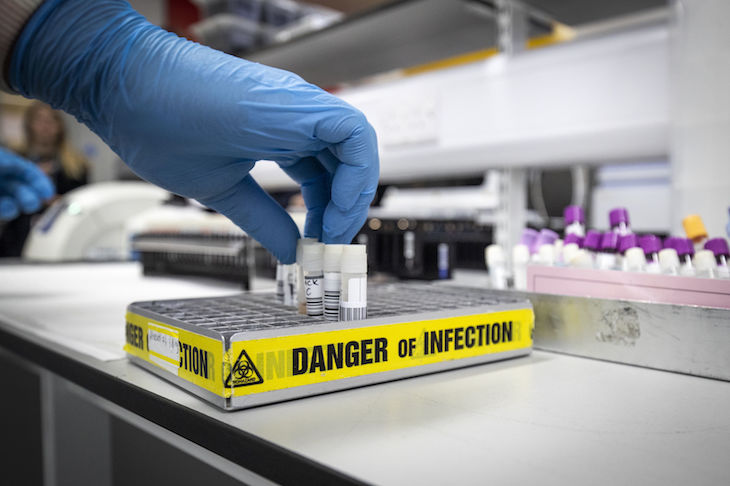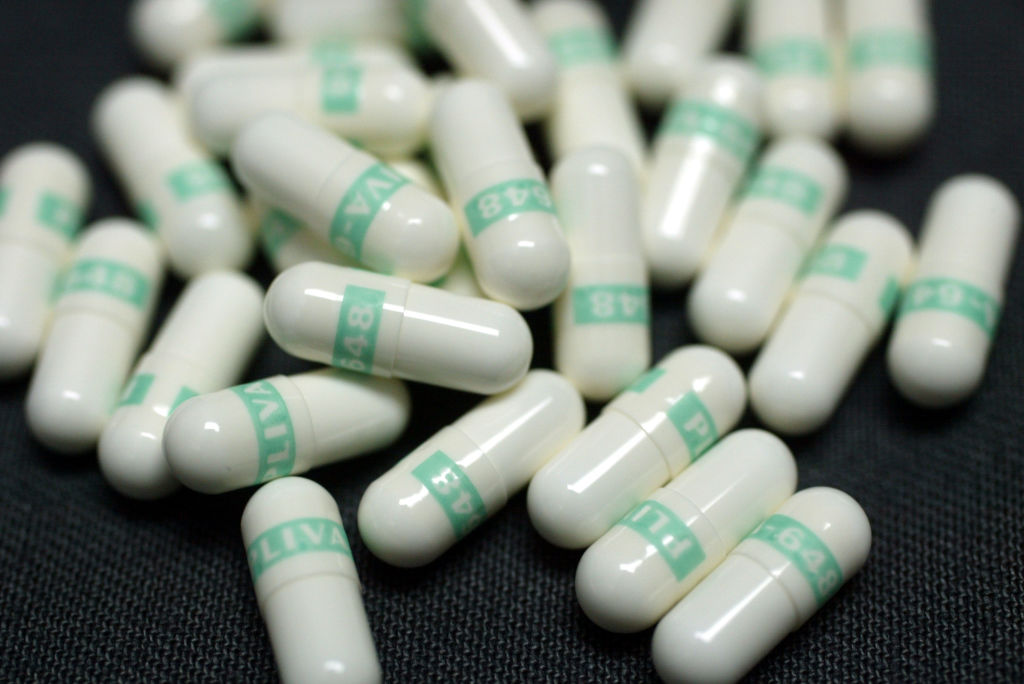If you ever doubt how clever evolution can be, remember that it may take a year or more for the brightest minds on the planet to find and approve a vaccine for the coronavirus. Yet 99 percent of otherwise healthy people seem to have an immune system that can crack the problem in under a week.
When I posted this on Twitter, I got a little abuse from a few strange people who thought I was calling scientists dumb. Quite the reverse. 99 percent may be too high a figure, but it is surely evidence of some bizarre superintelligence within the human body that many of us can do unconsciously something that the combined brains of the world’s pharmaceutical industries so far cannot match. In a matter of days, it can spot, target, test and devise an antibody to eliminate a hostile pathogen that it has never encountered before. Each of us is walking around every day without realizing that we are home to the world’s best virology lab.
True, the immune system does not have to wait for FDA approval. But it does have to do something similar — ensure that the cure does not do more harm than the disease. (Diseases such as lupus, multiple sclerosis and rheumatoid arthritis are examples of what happens when the system goes rogue.) And it’s also worth noting that a human vaccine does not, in fact, cure the disease — it simply hacks the immune system to create its own cure.
A few dissident thinkers — including me and the economist Robin Hanson — have wondered aloud whether, in the time before a vaccine is available, there might be a role for an earlier practice called ‘variolation’. This was introduced to Britain from the Ottoman Empire by Lady Mary Wortley Montagu in the early eighteenth century as a treatment against smallpox. Montagu controversially infected her own children with a small initial dose of smallpox, the assumption being that the body was better able to cope when presented with a small initial dose of the virus than with a larger one. She gained a PR coup for the procedure when the then Princess of Wales adopted the procedure for her two daughters. Seven prisoners awaiting hanging at London’s Newgate prison had been offered their freedom in exchange for undergoing the procedure — all seven survived. (Horrible to say it, but one small advantage of the death penalty is that it does solve certain problems in medical ethics). Once Edward Jenner (and, earlier, Benjamin Jesty) came up with a cowpox vaccine, variolation sensibly fell out of favor.
We don’t yet know whether the scale of the initial dose affects the course or outcome of the disease — and it would be heinous to act without this information. So far, strangely, most models of the disease assume infection is just a binary question — you are either infected or you are not. Is this a safe assumption, or are there gains to be had from also ensuring that if you are infected, you aren’t infected very much?
I’m not taking any chances, While everyone else was stockpiling toilet paper, I invested in one of these.
This article was originally published on The Spectator’s UK website.

























